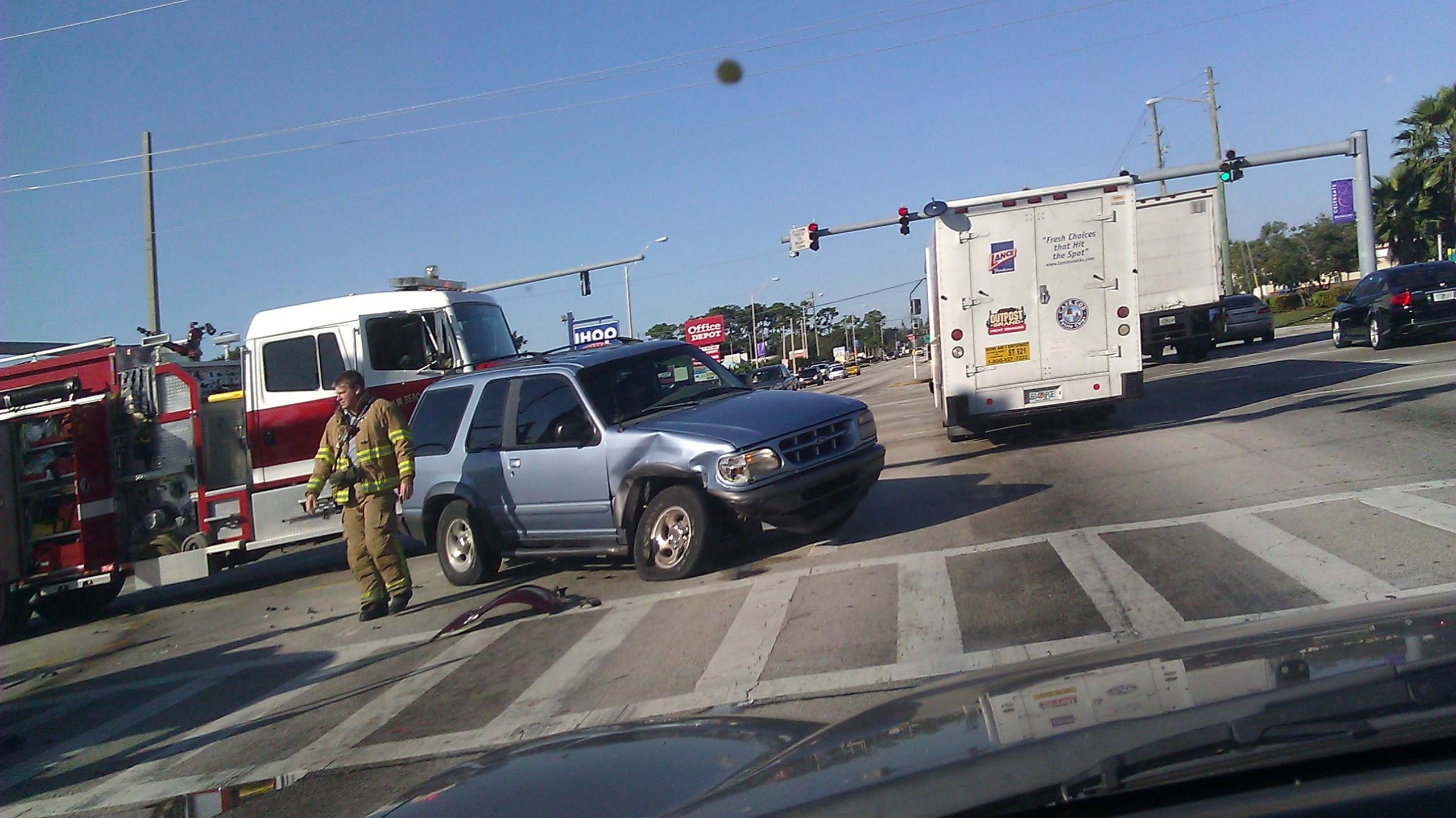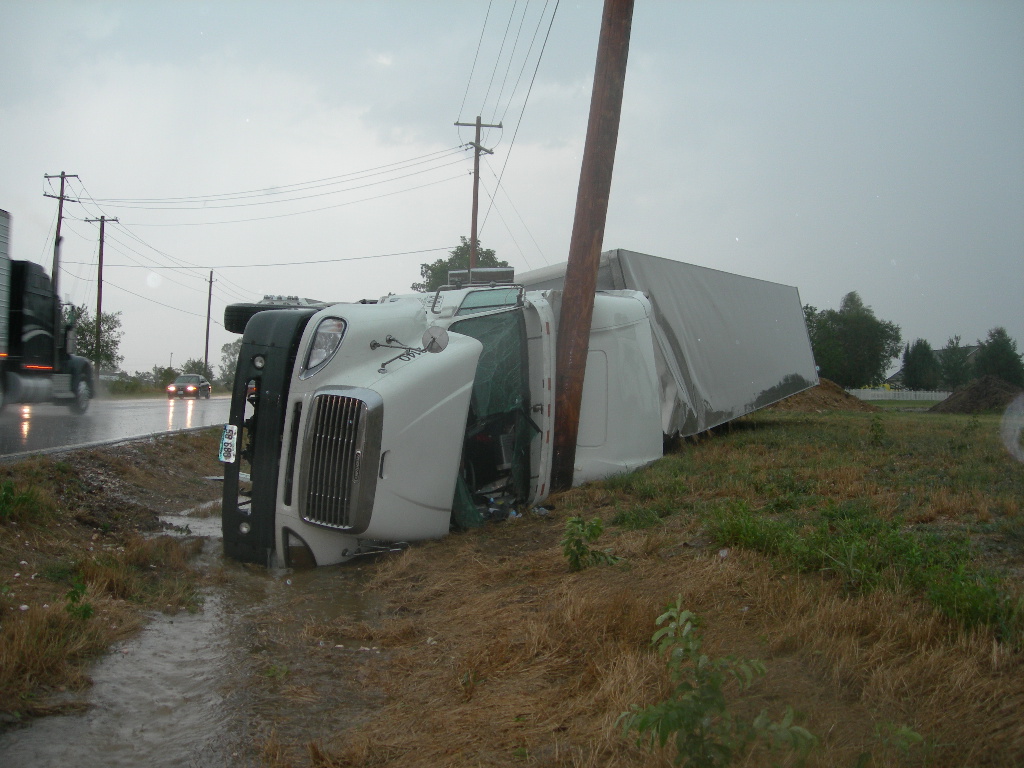Two Dangerous Highways Intersect in Dallas
Car wrecks and semi truck crashes happen all over the US. There isn’t a state that doesn’t suffer from deadly crashes on a daily basis.
There are, however, some areas that see more wrecks than elsewhere. Generally in areas where traffic gets congested, these wrecks are put into a data base, and reports come out often on where the most deadly highways are around the US.
If you have been injured in a wreck, or if a loved one was killed in a wreck, then you need to talk with Herbert Law Group to get things settled in your favor.
The Most Dangerous Highways in the Country
The National Highway Traffic Safety Administration keeps track of all things related to the road. They pay special attention to deadly collisions from all over the place.
This data is then distributed in reports, and various companies analyze those reports to bring us concise information on where we should pay extra attention when we’re driving.
The Zebra recently compiled the data into the top 10 deadliest highways in the USA. These highways are all over, and not confined to just one place. They’re on the East Coast, the West Coast, the north, the south, and everywhere in between. The common factor: they see a lot of traffic.
That’s where we have found that Dallas, Texas is where two of the deadliest highways meet.
The Intersection of I-20 and I-35
Coming from West Texas, and dropping just below Fort Worth and Dallas, I-20 travels through the southern states to ultimately end in South Carolina. Despite being one of the shorter sections of highway on the most dangerous highways list, it comes in at number 2 for the most fatal accidents per mile.
Right on the Mexican border at Laredo, Texas, and going nearly straight north to Duluth, Minnesota, I-35 is one of the most popular trucking routes in the US. It cuts through San Antonio, Austin, and Dallas, creating a series of heavily congested areas that are packed with truck traffic. This highway is the fifth most deadly in the US.
As I-35 approaches Dallas from the south, it splits. I-20 then intersects with 35W near Fort Worth, and 35E near Dallas. There is no data readily available on whether or not the intersections of the second most deadly highway, and the fifth most deadly highway, combine to make an even deadlier area. But we can only imagine that as a popular trucking route passes through the Metroplex, it’s an area where every driver needs to be extra vigilant about keeping their eyes on the road.
Find Help with a Dallas Personal Injury Lawyer
Here at Herbert Law Group, our goal is to take away the stress that you feel after an accident. You have a lot going on, and dealing with insurance companies that are trying to minimize settlement offers is about the last thing you should ever have to worry about.
Instead, whether you’ve been in a car wreck, a motorcycle wreck, or a truck wreck, we will get that stress off your plate, so you can focus on healing.
Give us a call at 214-414-3808, or fill out the contact form on our site, and let’s get to know you, and see how we can help with your accident.









